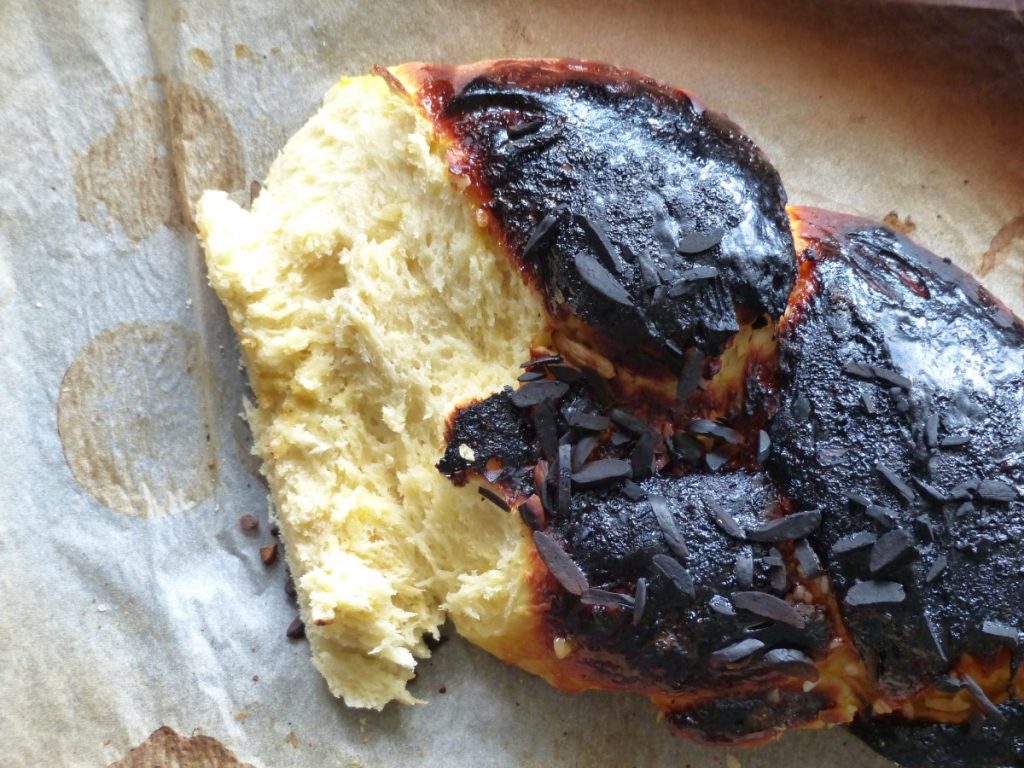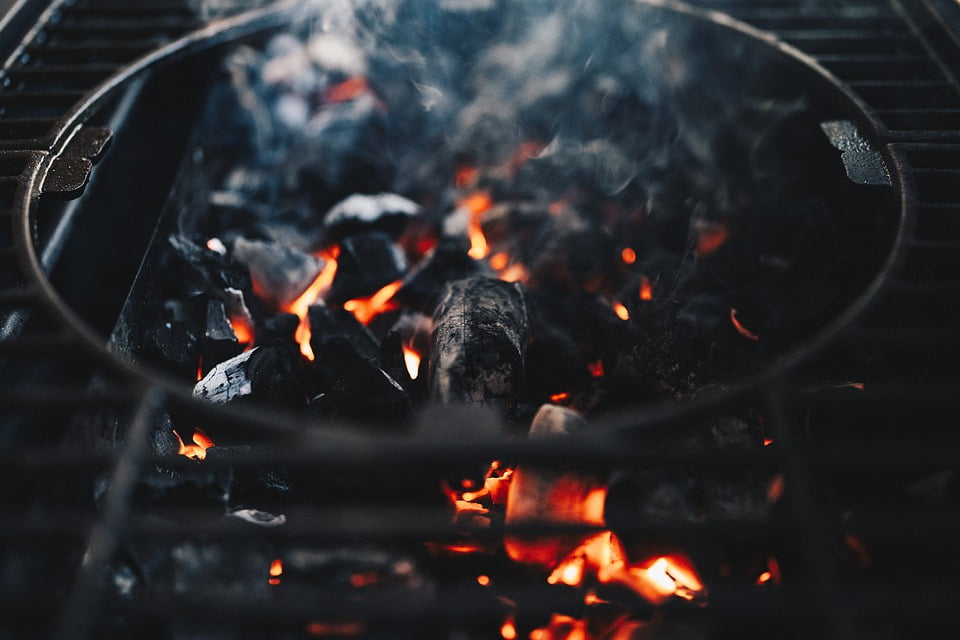There is an opinion that burnt food contains dangerous substances, the accumulation of which can cause cancer. We decided to check whether such fears have a scientific basis.
The question is whether it is possible to eat burnt food, are given many Internet users. They are interested in how golden the crust is should turn dark brown so that the food is no longer fit for consumption, and also not will succeed Is it possible to save dinner by cutting off the charred parts?
Paleontologists calculatedthat humans began to consume thermally processed food approximately 1.9 million years ago. Since then, along with the development of our species, the cuisine has evolved: from pieces of meat strung on sharpened twigs and sent to the fire, to molecular gastronomy and restaurants with Michelin stars.
During heat treatment, products change not only their taste, but also their chemical composition. Specifically, the reaction between certain naturally occurring amino acids (such as asparagine) and carbohydrates when heated above 120°C (i.e., frying and baking, but not boiling) is happening to form acrylamide (CH2 =CHC(O)NH2, acrylic acid amide). This process wears the name of the Maillard reaction, and it is he who is responsible for the golden crust, and then its transformation into dark brown and black burnt parts. Acrylamide is formed when preparing French fries, chips, steaks, barbecues, crackers, toast, coffee, baked goods, and when smoking tobacco. Acrylamide is not only found in our food, it used in the textile and paper industries, plastics production, dye synthesis and wastewater treatment.
Suspecting a connection between its consumption and an increased risk of cancer, scientists set a series of experiments on rats. Some of the animals were fed food high in acrylamide, while the control group was fed normal food. The rats began to have neurological problems, then cancer was added, reproduction was disrupted, and the few offspring had birth defects. At this stage the substance recognized dangerous, and consumers were predicted to have an “increased risk of cancer.”

However, it was later noted that rats consumed acrylamide in quantities many times higher than its content in fried, stewed and even burnt foods. In 2003 in Sweden held study of eating habits: among the subjects, 591 people had colon cancer, 263 had bladder cancer, 133 had malignant kidney tumors, and in the control group there were 538 healthy people. The researchers concluded that, at a minimum, there is no relationship between these cancers and acrylamide consumption. Later, other groups of scientists refuted the connection between acrylamide and pancreatic cancer. glands, prostate glands, breasts, ovaries And endometrium.
But a certain provoking effect of acrylamide on cancer has been noticed: in men, the risk of skin malignancy melanoma, multiple myeloma and follicular lymphomas, and also Cancer esophagus in both sexes. At the same time, the studies were conducted on the total consumption of the substance: French fries, chips, baked goods, other fried and stewed foods, drinking coffee and smoking cigarettes were taken into account.
Today acrylamide applies to class 2a according to the WHO method, that is, it is a substance potentially carcinogenic to humans. According to the classification of the International Agency for Research on Cancer, it applies to the class of possible carcinogens, and according to the National Toxicological program USA - to “presumably expected” carcinogens. All this testifies that there is no consensus among scientists yet on the carcinogenicity of the substance and further research will be continued.

It is also important to note that when preparing shish kebab or barbecue, that is, red meat using an open flame, heterocyclic amines and polycyclic aromatic hydrocarbons stand out even if the meat has not yet charred at the edges. These substances also have carcinogenic potential, that is, their connection with cancer is assumed, but has not yet been fully established.
Thus, once a burnt dinner will not lead to the fact that the person who ate it will definitely get cancer in the future. However, systematic consumption of acrylamide in high doses may have dangerous effects. Scientists are still testing the carcinogenicity of this substance in humans.

Mostly not true
Read on the topic:
- Human evolution as a matter of taste
- Does meat cause cancer? New recommendations from nutritionists
- The ubiquitous Maillard reaction
If you find a spelling or grammatical error, please let us know by highlighting the error text and clicking Ctrl+Enter.






